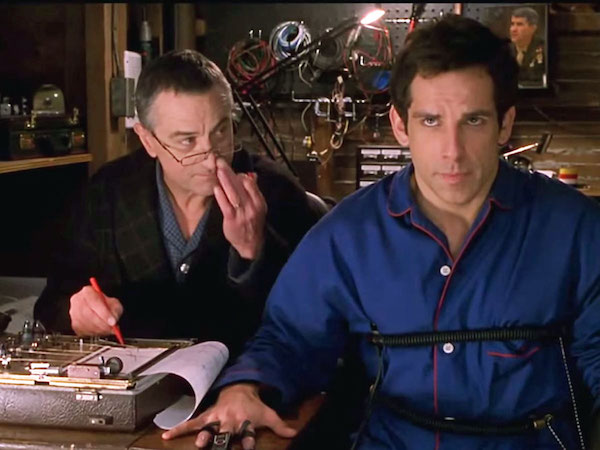Do we want a world where mobile phones detect liars?

A good warm-up question: who in your life do you lie to the most?
As mobile computing, big data, location services and voice recognition converge, new possibilities emerge we probably never even thought about. The Atlantic had a smart piece on one possibility: the future of fraud-busting.
They cover several potential avenues that technology could protect us, but one in particular seems like it could change a lot more than how often we have to change our credit card numbers.
Picture yourself walking down the street when a man approaches and asks for bus fare; he says he lost his wallet and needs to get home. Right away, your phone buzzes with a notification: Stay away. He’s a fraud. The same voice has been asking for money in different locations all week. Such a possibility sounds far-fetched, but your phone company already gathers information from all the phones in its network, and several tech firms are developing voice-biometrics software that can identify individuals and even catch emotional patterns that may indicate deceit. [emphasis added]
The idea of catching on to repeat offenders with data is one thing. But what if someone unlocks that next level of real-time analysis, decoding an individual’s voice patterns and emotional cues, to foil lying? Imagine a world where an effective lie-detecting machine is in everyone’s pocket. Conversation would never be the same again.
Would you want this technology to exist, understanding that you’d know when people were lying to you, and they’d know when you lied to them?
Even if that meant the polite deceptions we use to smooth things over with friends or in relationships are no longer possible?